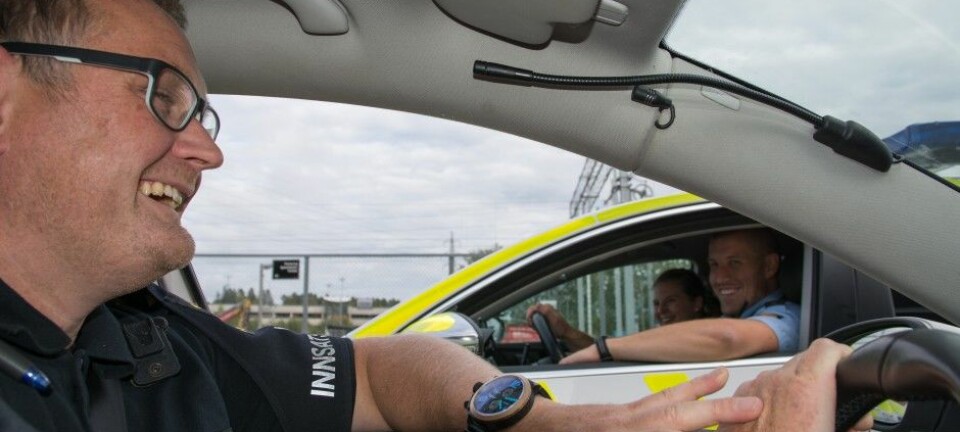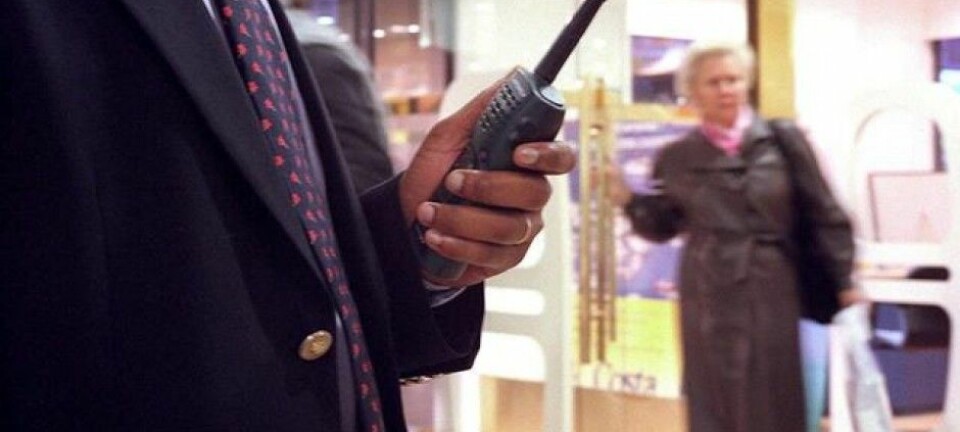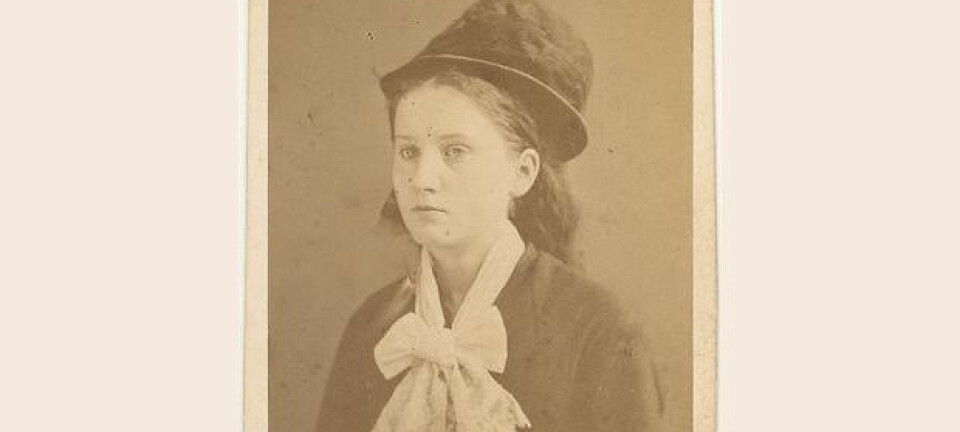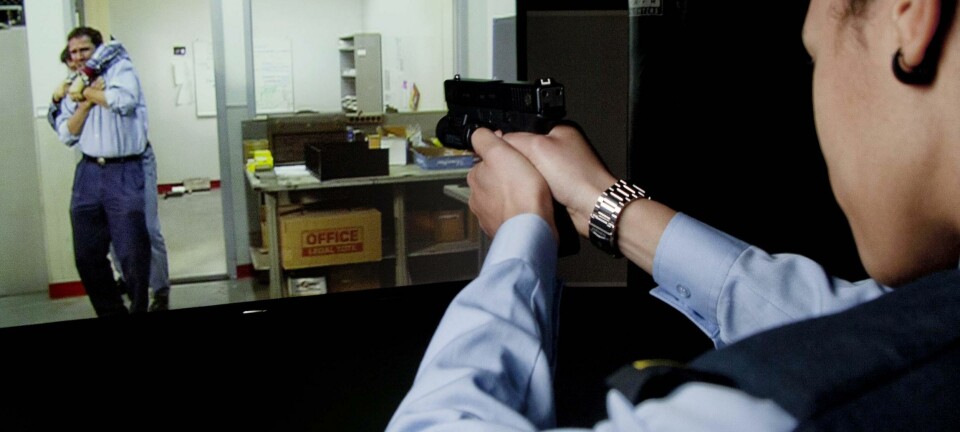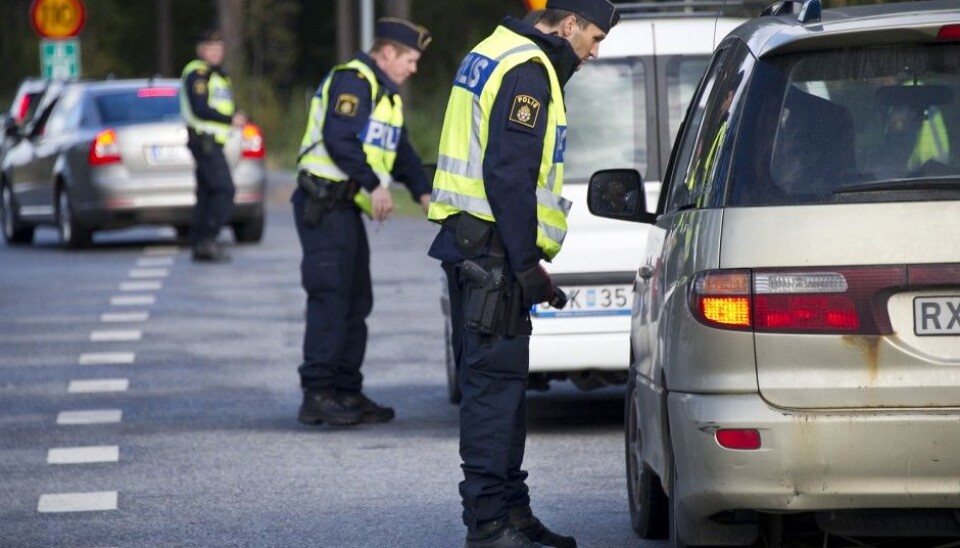
Building the best police force
Recruiters should consider personality over problem solving when looking for top police officer candidates, a Swedish study suggests.
Few jobs offer the contrasts and challenges that police officers may face. One day they may be chasing bank robbers, the next day they may have to tackle a huge pile of paperwork.
They have to be good negotiators and communicators, friendly and able to work independently. They have to be problem solvers. And they have to be physically up to the job.
Given those varied demands, what’s the best way for recruiters to identify potential candidates who are most suited to be police?
“Personality is perhaps the most important in allowing people to succeed and enjoy their jobs as police officers,” says Stefan Annell, a psychologist whose dissertation from Stockholm University attempts in part to answer this question.
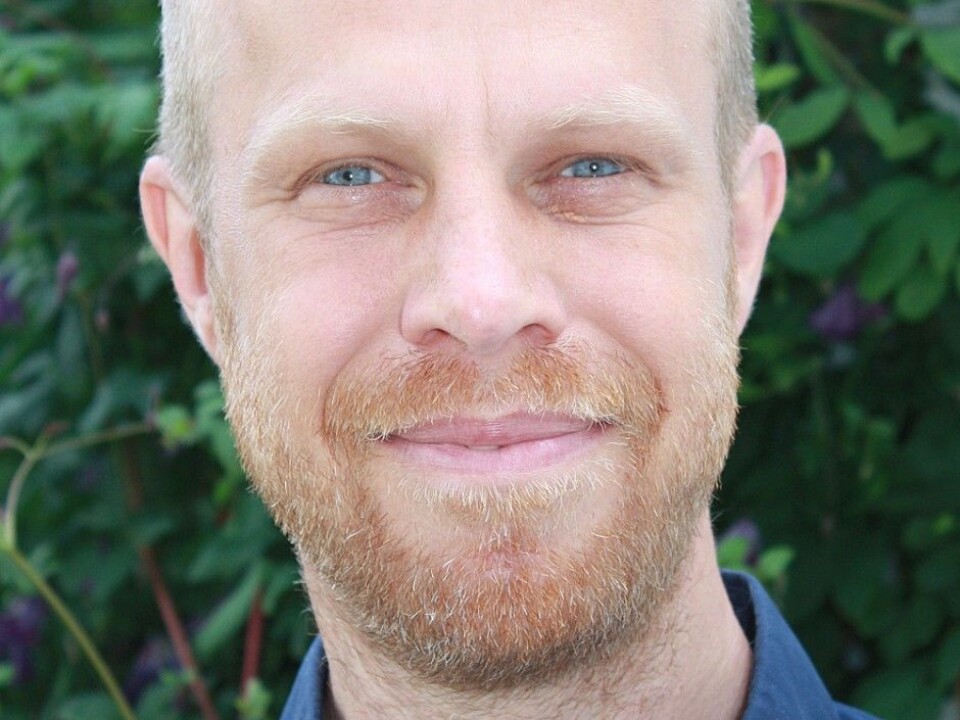
Annell followed Swedish police candidates from the start of their training to when they moved into the workforce, with the goal of determining what’s needed to recruit the best – and what’s needed to keep them happy and on the job.
An expensive investment
Annell says it’s not enough to find candidates who will be able to complete their training at Sweden’s National Police Academy. Educating police officers is an expensive investment for society, which means that ideally, a police officer should stay on the job for many years.
At the same time, they must be good at what they do. If a police officer does a bad job, it can have life-or-death consequences.
With that in mind, Annell collected information on more than 700 fresh police officers, from when they were at the end of the admissions process, when they had finished with the two-year Police Academy programme, after half-a-year as trainees, and after they had been on the job for a year.

Annell asked the recruits about their relationship to their job, measured how healthy they were, and how they performed on the job.
Language skills key
Annell found that students who did well on tests of vocabulary and text comprehension had a better track record as a police officer.
“Language is very important. The police must communicate with people, and they spend 30 per cent of their work time writing reports,” Annell says.
In contrast, narrow tests of mental abilities are not necessarily good predictors of who will be the best police officers, Annell says.
“Those who scored high on problem solving tests were not as happy on the job,” he said.
This surprised the psychologist, because research from other countries suggests that intelligence tests are one of the best methods to identify good police officers.
Annell thinks the brightest may feel that they get too little stimulus at work. However, he has not studied this, and cautions against reading too much into the numbers.
He also points out that admissions to the Swedish National Police Academy are highly competitive, so that the overall level of intelligence in the police force is high. In fact, approximately 80 per cent of initial applicants do not make it through the first round of admissions.
Broader admission tests
Annell’s findings suggest that even though there are comprehensive admissions tests in Sweden for choosing police officer candidates, the process could be improved.
He believes the admissions process should include a broad series of tests that assess everything from verbal abilities and personality to physical fitness, especially conditioning.
Ivar Fahsing, a PhD candidate at the Norwegian Police University College, says his research supports Annell’s findings that personality as well as education and experience are important in determining who will do a good job as a police officer.
“Being outgoing and able to obtain information or resolve conflicts through dialogue are key characteristics,” he said. Fahsing emphasized that his opinions are his own, and that he is not speaking on behalf of the Norwegian Police University College.
Identifying good police work
But Fahsing said that one problem with Annell’s work is that it lacks objective measures of what actually characterizes good police work.
“This makes the study problematic,” says Fahsing.
For example, Annell measured the performance of the new police officers by asking their supervisors to rate them on a scale of 0 to 10. However, these kinds of assessments may be coloured by personal beliefs.
Additionally, supervisors do not follow their employees at work all the time. Their opinions on what is considered good performance on the job can also vary widely. Annell also sees this as a problem for his study.
For this reason, Fahsing thinks that the broader police community needs to define what makes for quality on the job.
“We definitely need a combination of several kinds of admissions tests,” Fahsing said. “But until we know what we actually need, there’s little point in changing our recruiting procedures.”
-------------------------------------
Read the Norwegian version of this article at forskning.no
